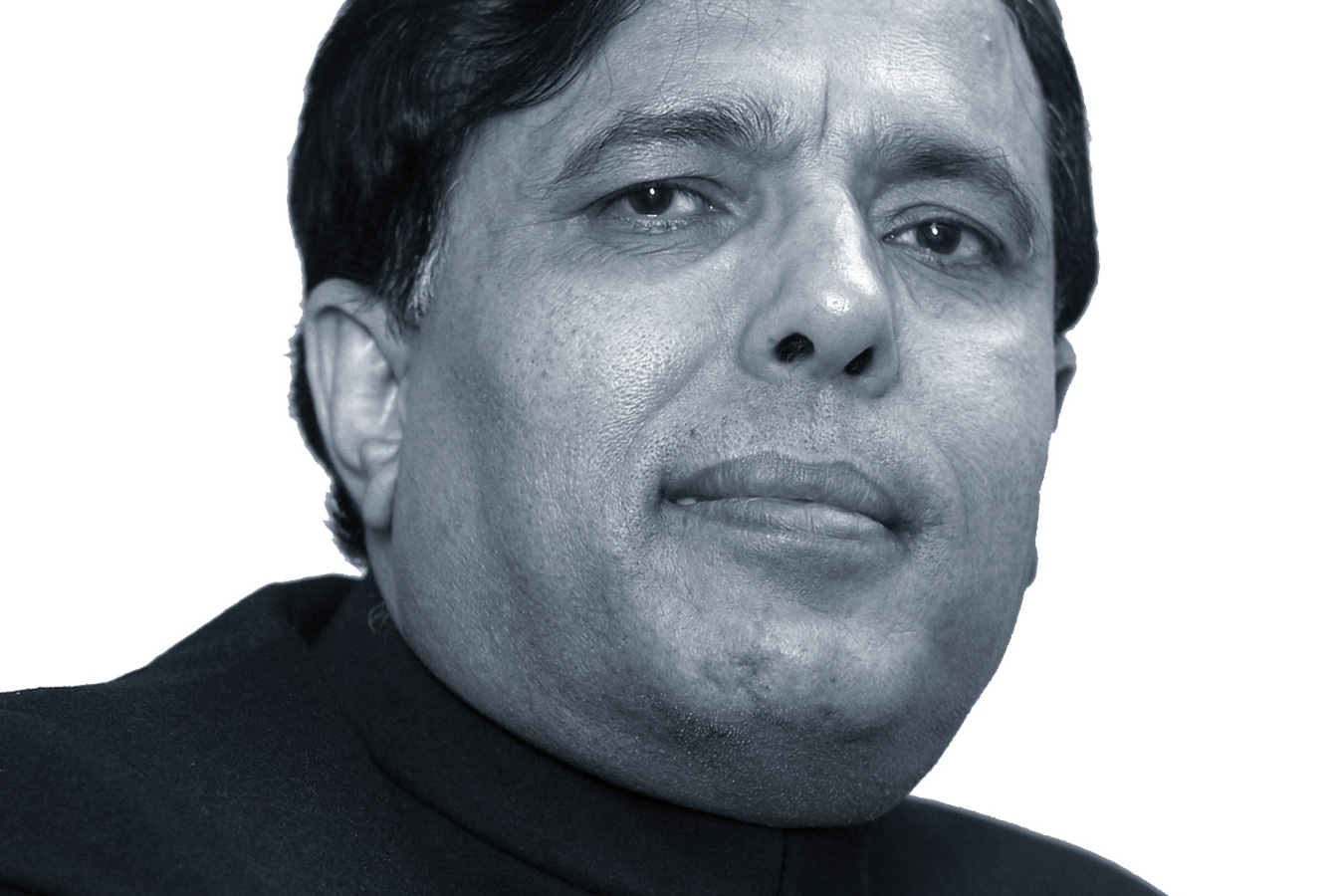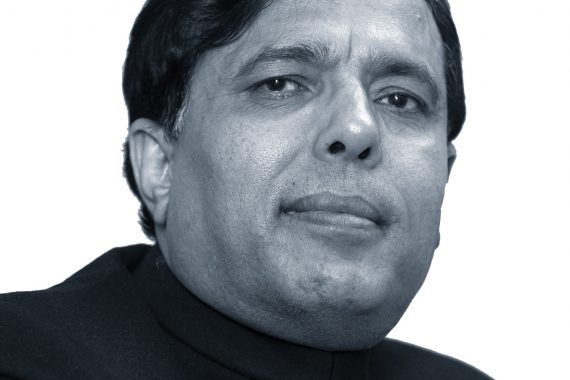
Foreign secretary Jeremy Hunt and his successor as health secretary, Matt Hancock, are among seven people seeking to replace Theresa May when she steps down as prime minister. Hunt, after six years at the Department of Health, was moved to the Foreign Office following Boris Johnson’s resignation.
Former Bank of England economist Hancock likes to see himself as one of the most technology-savvy politicians in Westminster, and was the first MP to have his own smart phone app. In launching his candidacy for the top job, he said he hoped to appeal to younger voters. Hancock says he is determined to do a compromise Brexit deal and would not pursue a no-deal policy.
Both would need reminding that in British politics the health portfolio is often considered the graveyard of ambitious politicians. Personally, I don’t believe Mr Hancock is a serious candidate, he is there to just raise his profile and is very likely to be eliminated in early rounds.
Hunt, on the other hand, is one of the front-runners to be Tory leader, having finished second place in the first round of victory, and requires in-depth scrutiny.
He voted Remain in 2016, but later tried to appeal to Tory Brexiteers, comparing the EU to the Soviet Union, branding himself a ‘born-again Brexiteer’ and insisting ’no deal is better than no Brexit’. Hunt has pitched himself as the candidate with the business skills to carry out a better negotiation than Theresa May.
Hunt was brought to health with a simple brief: to detoxify Lansley’s disastrous reforms
More recently, he pointedly called for more defence spending – a usual hit with the Tory grassroots – and it could be argued that the £20.5 billion extra funding for the NHS that he agreed with May and chancellor Philip Hammond, following difficult negotiations and months of apparent lobbying is testimony to his negotiating skills.
To be a credible leadership candidate, Hunt would need to have some appeal to both wings of the party. His newfound position on Brexit holds its advantages, allowing him to grab bits of the ‘one nation’ Tory manifesto and graft it onto an acceptable Brexit position.
Hunt was brought to health with a simple brief: to detoxify Lansley’s disastrous reforms. But his confrontational style alienated not just his colleagues, but also many healthcare workers. As health secretary, Hunt fought a long battle with ‘junior’ NHS doctors over a new contract for doctors’ working conditions. He unashamedly used misleading statistics to justify the introduction of a new seven-day contract, seemingly happy to accept that it would lead to staff shortages and danger for patients. He claims his entrepreneurial and negotiating skills uniquely qualify him for the post. It’s true that he made millions from an educational publishing firm, but his handling of the junior doctors’ strike is evidence that he is ill suited to negotiating with the EU. The truth is that the negotiations with BMA during the dispute were a complete failure. He not only imposed the contract, he tore up the social contract and created an irreversible breakdown in trust with doctors.
I laid out ten reasons in The Independent why Hunt was one of the worst health secretaries since the inception of the NHS, who outdid his predecessor in mishandling the NHS. The way our NHS was managed by Hunt is a stunning example of how not to do things.
The only ‘progress’ Hunt made in his tenure as health secretary was to turn the NHS into NHS plc, increasingly drawing on public funds to line the pockets of wealthy venture capitalists or multinationals. Hunt as health secretary stayed true to the conviction he stated in a book he co-authored with Oliver Letwin MP, about finishing off the NHS to replace it with US-style insurance system. His earlier political career has also been marred by controversies, from the G4S calamity at the 2012 Olympics, to heavy criticism for his views on abortion.
What a shame the country’s next prime minister will be decided by the at most 160,000 Tories – less than 0.1% of electorate – who can vote in the leadership contest. I believe Hunt may make it to the final two candidates in the ballot of Tory members. Whether he decides to advocate a soft or hard Brexit as his campaign mantra, the hard truth is that he is reponsible for a six-year disastrous run as health secretary that tore apart Britain’s most-loved institution, the NHS. He doesn’t deserve to be prime minister.
Dr Kailash Chand OBE is a retired GP in Tameside
Pulse July survey
Take our July 2025 survey to potentially win £1.000 worth of tokens












